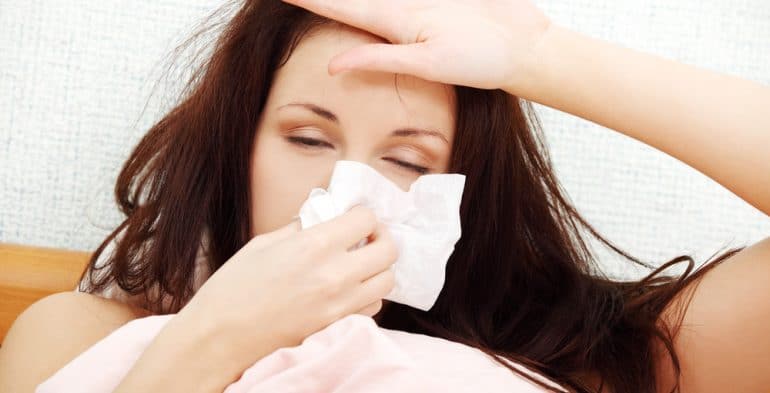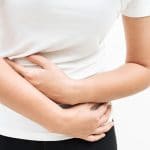
The best way to avoid catching German measles or rubella is to be immunized with the measles, mumps and rubella (MMR) vaccine
The MMR vaccine is part of the routine childhood immunization program. The first dose is given to a child when they’re one year old, with a second booster dose given before the start of school, at 3 years and 4 months.
Contact your GP if you’re uncertain whether your child’s vaccinations are up-to-date. It’s possible to have the MMR vaccination at any age.
If you suspect your immunization isn’t up-to-date and you’re at risk of catching mumps, measles or rubella, your GP may recommend the MMR vaccine. For example, this may be necessary if there’s an outbreak of measles or you’re a woman planning to get pregnant.
If you’re already immunized, having the MMR vaccine again won’t cause you any harm.
Planning a pregnancy
It’s a good idea to check that you’re fully protected against rubella if you’re planning to have a baby.
If you’re not sure whether you’ve had two doses of the MMR vaccine, you can get your medical practice to check your vaccination history. If your records show you haven’t had both doses or there is no record, ask to have the vaccinations.
Because MMR vaccination could cause a risk to your baby in pregnancy, you should avoid becoming pregnant for one month after having it. This means you’ll need a reliable method of contraception.
During pregnancy
You can’t have the MMR vaccine when you’re pregnant as it could pose a risk for your baby.
If you’re currently pregnant and have not had, or don’t know if you’ve had, two doses of MMR, ask your GP practice to check your records.
If you haven’t had two doses of the MMR vaccine or there’s no record available, you should ask for the vaccine when you go for your six-week postnatal check-up after your baby is born.
Limiting the spread of infection
Someone who has the rubella virus is infectious for one week before symptoms appear and around four days after the rash first develops.
If you or your child have rubella, you should limit the risk of infecting other people by staying off work or school for four days after you develop the rash.
You should also try to avoid contact with pregnant women for at least four days from the start of the rash.
Vaccination before travelling
Although rubella is uncommon in the UK, the condition is more widespread in some other parts of the world, such as areas of Africa, Asia and South America.
You should contact your GP before travelling to areas with high rates of rubella if you’re unsure whether you’ve been fully immunized against the condition. In some cases, having the MMR vaccine before travelling may be recommended.
Choices
There has been a tendency for some people to fear the MMR vaccine and claims that it is linked to certain developmental diseases such as autism. However the data is very inconclusive and it is generally accepted that the MMR jab is safe. Parents have a direct choice and are free to make it. However the facts are measles and the other diseases are high risk: the MMR jab is very low to no risk.
Doctors strongly recommend that the MMR jab is the best option for child health.









